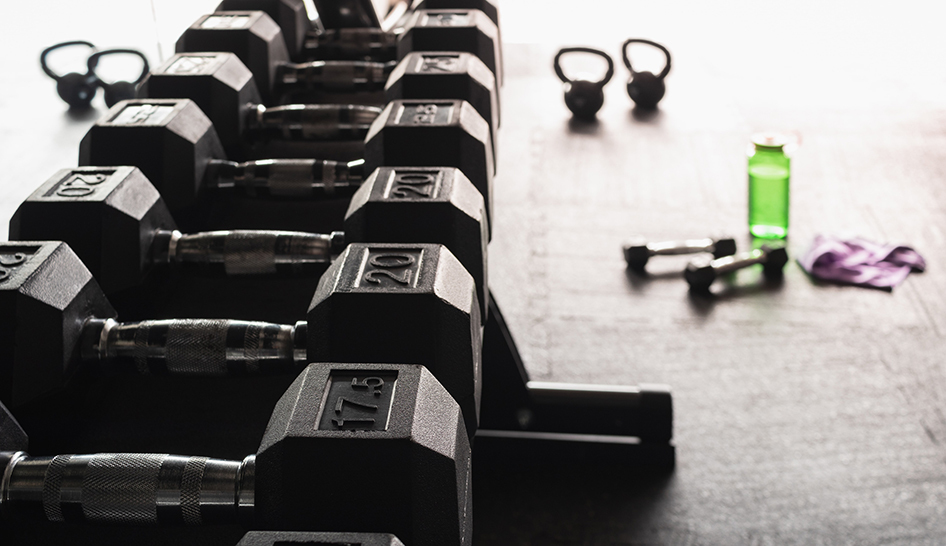Change has been a theme in Sheldon McBee’s career as a personal trainer, even before the COVID-19 pandemic hit. Being a part of changing someone’s quality of life for the better is actually what made him decide to change his career path in the first place. And now change— which has been evolving the way he is conducting business, providing services, and communicating to members—is what is keeping his clients going stronger than ever, even during these unprecedented times.
McBee was working toward a master’s degree in human nutrition and sports science when he decided to take a personal training job to earn some extra money while studying. His first client, an elderly woman who now at age 84 is still his client, was his inspiration to change course and become a full-time personal trainer.
Back then, he recalls personal training as being a very one-on-one experience with the main focus of simply changing a client’s look. Over time, he noticed branded, team-type workouts began popping up in the industry. He discovered one of the biggest differences in these methods of training was the camaraderie and accountability that developed within the small group, which turned out to be a key component to his clients’ success. Taking this newfound knowledge, he decided to change directions and try out group training with his clients for himself.
Now, once again, McBee has taken stock of the current COVID-19 situation and has developed new methods to provide his clients with the best experiences possible. As the personal training director at Universal Athletic Club in Lancaster, PA, he and his trainers have had to pivot their strategy to accommodate those who are unable to train in-person, reimagine their studio space to maintain social distancing guidelines, and properly communicate these changes to their members and clients.
Watch the video above or keep reading for an at-a-glance look at the changes McBee has made to his strategy and the lessons you can learn from his successes thus far.

